In third grade CDS students deepen their study of the human body through a Community Based Learning unit about ableism. Students participate in several simulations that provide them with first-hand experience of what it’s like to be differently abled. First, they conduct joint task immobilizations where they limit the use of some of their finger joints with tape and wooden dowels and attempt various activities such as writing letters or tying shoes, and then report on degrees of difficulty. Next they look at standard definitions of the word “disability” and begin to think critically about the ways that society defines people with disabilities. And to further help them better understand a differently abled experience, students use a pediatric wheelchair to get around campus. They assess how accessible our school building is by attempting to enter the front gate, get in the front door, navigate classrooms, use the bathroom and water fountain, etc. They quickly realize how difficult it can be to wheel around spaces that are “accessible.” Finally, experts in the community, such as a physical therapist, help students engage in important discussions around ability. By expanding the human body curriculum to include ability and ableism, students gain increased awareness around the abilities of their bodies and what it feels like to be differently abled.
Does your school do something similar?
2 thoughts on “The Human Body and Ableism”
Comments are closed.
Related
-
Peter Boukaert of Human Rights Watch Speaks to New Roads High School Students about Social Media’s Role in Exposing Human Rights Violations
Peter Bouckaert, Human Rights Watch’s (HRW) Emergencies Director and an expert in humanitarian crises, spoke to students at Los Angeles at New Roads School’s Moss Theater on October 2nd, describing HRW’s global mission, and the increasingly pivotal role that social media and everyday technology play in the group’s investigations into human rights abuses. The presentation […]
-
A Sense of Community
As the Nigerian proverb states, “It takes a village to raise a child”. For this reason, the decision of which school to send our son was an important one. While we certainly sought a school with strong academics, talented teachers, and differentiated instruction, we also looked for elements of character development, community service, and school […]
-
Manhattan Country School students ask ‘Vote for Me Until I Can’
In 2012, during a final push to encourage voter turnout, Manhattan Country School’s 5- and 6-year-olds asked everyone to “Vote for Me Until I Can.” “I would like to bring about a change, but I’m too young to play the voting game. Won’t somebody hear my plea and go to the polls and vote for […]
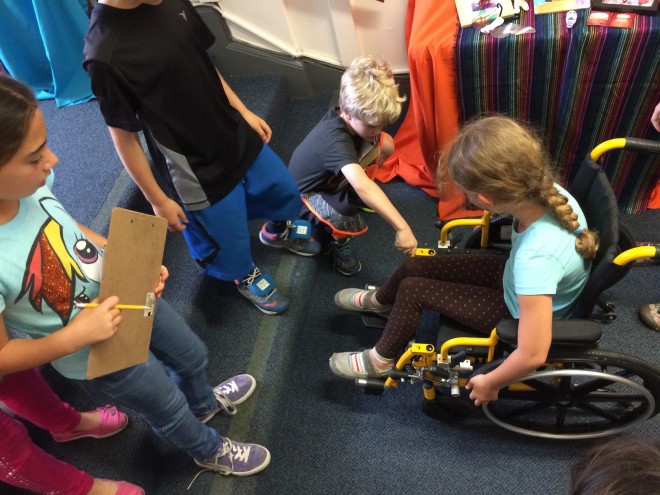
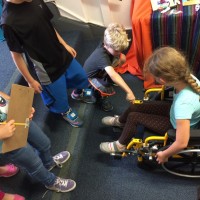
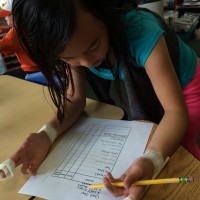
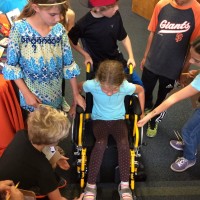
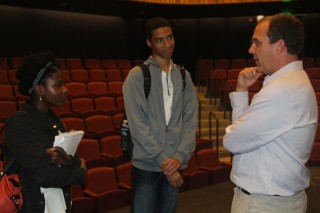
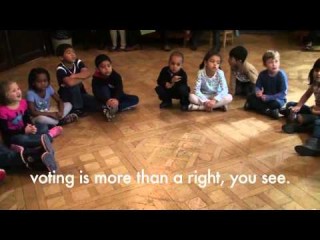
Is this Carli Lowe’s work. Amazing! She is amazing teacher and thoughtful educator.
At Park Elementary School, we have a similar experience working with a non-profit called A Touch of Understanding, “working to help students look beyond the disability, the wheelchair, the braces, the unpredictable behavior and see the person”. Carli And Katina are doing great work with these kids, facilitating thought-provoking, powerful simulations that rethink what “disability” looks like.